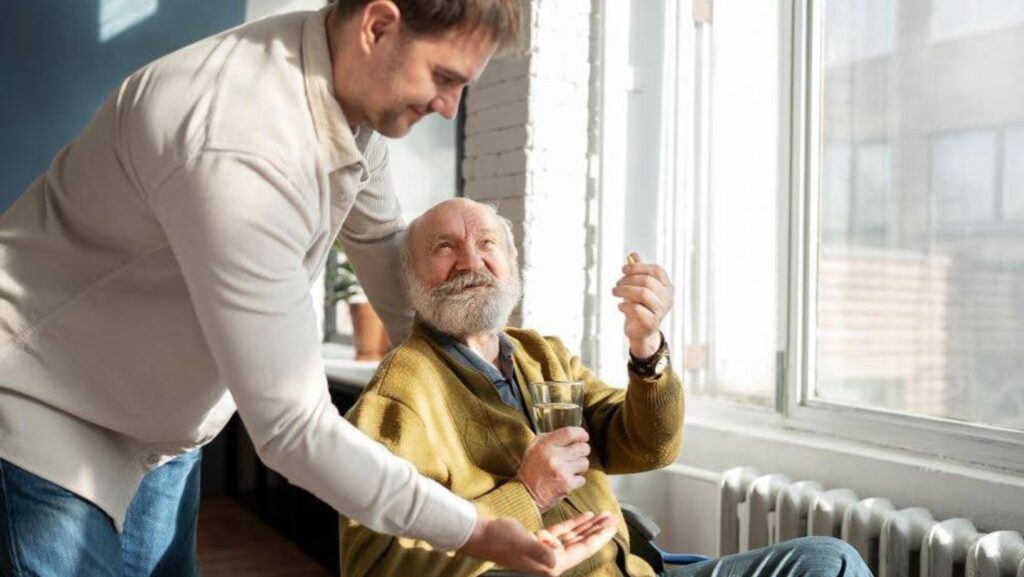It’s essential to be aware of neurological disorders like Parkinson’s disease and Essential Tremor to make life better for all directly involved and to support the creation of a society that could make better health contributions. Here’s how we can all play a part in this significant effort:
Understanding Parkinson’s Disease and Essential Tremor
Parkinson’s disease is one of the degenerative disorders of the nervous system, which affects movement with symptoms such as tremor, stiffness, and balance problems. Often confused with Parkinson’s is Essential Tremor, a similar but different condition that involves involuntary primarily shaking, which could further affect a person’s activity. The steps toward empathy and help start with awareness and understanding of the disorders. We need to teach ourselves and others to remove the myths and stigma surrounding these different movement disorders.
The Power of Support Networks
Network therapeutic support for Parkinson’s Patients or those having an Essential Tremor could include members of healthcare professions; family members; friends; and community resources. Support groups facilitated virtually and physically offer opportunities for exchanging experiences and coping methods significantly required for emotional and symbolic practical support.
Advocating for More Research
Increased consciousness provides avenues against better advocacy, crucial for more research funding and better treatment options. Research helps in improving understanding of the causes and progression of these disorders and brings opportunities for new treatments, which can also improve quality of life.
The Role of Assistive Devices
For patients having Parkinson’s Disease and Essential Tremor, there can be relevance as far as their assistive devices. Devices such as our glove assist an individual as term support by providing support to stabilize the thumping. Not only is this glove an FDA-registered Class I medical device, ensuring compliance with stringent safety standards, but its innovative battery-free design enhances user convenience and reliability.
The revolutionary battery-free technology ensures that the glove is always ready for use, removing the hassle of recharging and allowing users to maintain their lifestyle with confidence and ease. This way, daily tasks can be performed conveniently without interruptions owing to tremor. However, it is essential regarding awareness because awareness alone will never supplement comprehensive care and support, which is supposed to embrace all dimensions of this life course.
How Can We Help?
Educate yourself and others:
Learn about Parkinson’s disease and Essential Tremor, and make that knowledge known. The more people understand the less stigma surrounds these conditions.
Support Research:
Advocate for and contribute to those organizations that fund research into neurological disorders. Joining fundraising events and letting others know about them can make a significant difference.
Build and Maintain Support Networks:
These could be pre-existing groups or the creation of new ones, which is up to the individual to decide.

These support networks are vital to providing practical and moral support, overcoming loneliness, and boosting the entire health profile of those affected.
Promote and Encourage Wider Use of Assistive Technologies:
Advocacy for developing and using assistive devices such as those produced by us allows for better living for people with movement disorders.
In coming to understand these two conditions, we will be raising awareness of Parkinson’s Disease and Essential Tremor in society and paving the way for a more enlightened and compassionate society to emerge. This is good for those affected, facilitating an environment where better lines of support and research are realized and providing answers for the fuller living of their lives.
What Are The Benefits Of Using Assistive Devices Like The Steadiwear Glove For Individuals With Parkinson’s Disease Or Essential Tremor?
Our glove-type assistive device provides individuals significant relief by stabilizing tremor associated with Parkinson’s Disease and Essential Tremor. Stabilization makes it easier for individuals to perform daily tasks, restoring the ordinary and independent life they have lost. It also reduces the physical and psychological strain on a person managing tremor symptoms, improving their quality of life. Technologies such as these integrated into a person’s daily life will maintain activity levels despite such a condition, enabling a person to participate in favorite activities more confidently.
What Are The Key Challenges In Designing Assistive Devices For Neurological Disorders That Effectively Balance User Independence And Safety?
It highlights difficulties placing user independence against user safety in assistive device design. Most basically, the device must be so intuitive and simple to operate that requiring assistance becomes less and less frequent while needing to have sufficient safety features on the instrument so that, in most cases, no injuries are happening during the use of the glove, which indeed is essential when it comes to users with less physical control and those with cognitive impairments. Along these lines, our designers consider the different severities with which symptoms of neurological disorders can manifest, requiring adaptable solutions that can fit multiple needs without compromising effectiveness or safety.
Conclusion
Awareness and education about Parkinson’s Disease and Essential Tremor (ET) are done through communal participation and continuity of support. More inclusive and supportive environments can be created for those they affect by increasing congregational understanding and dispelling myths about these conditions.

Improving the quality of life will also mean research support and innovative assistive technology – for example, our glove-with such diseases. Making communities more educated, involved, and inventive towards this issue will not only engender effects for individuals living directly with these neurological disorders. Still, it will also support a healthier, more sympathetic society.
